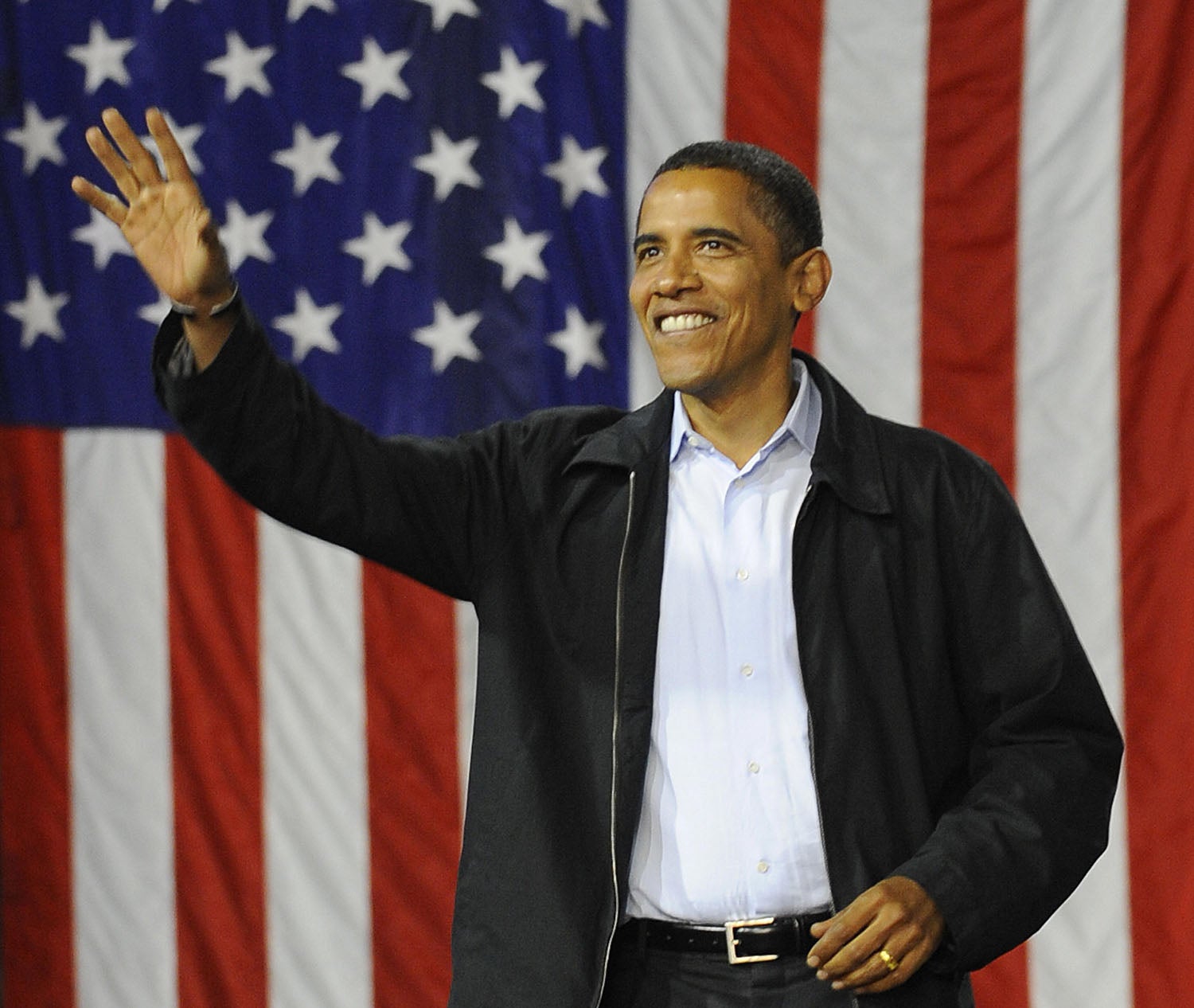United Students of America

Your support helps us to tell the story
From reproductive rights to climate change to Big Tech, The Independent is on the ground when the story is developing. Whether it's investigating the financials of Elon Musk's pro-Trump PAC or producing our latest documentary, 'The A Word', which shines a light on the American women fighting for reproductive rights, we know how important it is to parse out the facts from the messaging.
At such a critical moment in US history, we need reporters on the ground. Your donation allows us to keep sending journalists to speak to both sides of the story.
The Independent is trusted by Americans across the entire political spectrum. And unlike many other quality news outlets, we choose not to lock Americans out of our reporting and analysis with paywalls. We believe quality journalism should be available to everyone, paid for by those who can afford it.
Your support makes all the difference.Americans studying in the UK can heave a huge sigh of relief: with the inauguration of Barack Obama tomorrow, we can finally look forward to no longer pretending we are Canadian.
As an American studying in the UK since 2004, I have had the character-building experience of being jeered at by much of the international community. From being quoted Bushisms in a local Irish pub in County Mayo (where there are more sheep than cars), to being ridiculed regularly by my partner’s Scottish father, one thing has become increasingly certain: people think Americans are stupid, and George Bush’s presidency made it worse.
This is not just down to my own maladjustment to the outside world. An American friend of mine from the University of St Andrews faced evident discrimination when she was brusquely blanked after politely asking for directions in London. Yes, she was in London. But nonetheless, from Austria to Bolivia, the subtle shift in people’s eyes from friendliness to annoyance upon hearing a pronounced American accent is undeniable.
During the last press conference held by our outgoing commander and chief, he defiantly declared, “I disagree with this assessment that, you know, that people view America in a dim light.” Unfortunately, the people beg to differ. The shoe-throwing incident by Iraqi journalist Muntazar al-Zaidi, in which not one but two size-10 shoes were angrily lobbed at Mr Bush, speaks volumes.
Mark Zane, a student at University College London, has taken to pointing out his Hawaiian roots (where Obama studied) rather than telling Brits he is American outright. “It has been embarrassing to be associated with a leader like Bush,” he says.
Prior to the election, “being American wasn’t something you’d brag about,” says Kevin McHugh, a business undergrad at City University London. Likewise, American economics student Cynthia Park was advised by her sister to tell people she was Canadian. Undoubtedly, few tears will be shed when George W. saunters back, tail between his legs, to Texas. Rather, all eyes will be firmly focused on the future as we await the change Obama has promised.
My own experience of the Obama effect began shortly after he was announced as the Democratic Party candidate. For the first time since I started my studies in the UK, students wanted to discuss US politics. And – gasp! – there was no trace of the overt eye-rolling and piercing cynicism that had previously accompanied such conversations. The morning after the election I was actually congratulated by my peers, though this doesn’t come as a huge surprise when you look at some of the surveys conducted during that period. The Daily Telegraph found that Obama maintained a 52 per cent lead over McCain in Europe during the early days of the campaign trail; a Sunday Mirror poll taken a day before the election gave Obama 81 per cent of the British vote.
American philosophy student Hannah Gresty was surprised to find many of her fellow British students keenly following the election campaign: “People were asking me whether I was going to vote for him [Obama], and they were horrified if I said no!” Of course, with an international economic crisis, global warming and the colossal task of cleaning up Bush’s “war on terror”, it is probably only a matter of time before much of Obama’s icon status fades away. However, for the time being, American students overseas can proudly proclaim that their president will be the first black candidate in history to enter the oval office. Not only that, he is a man loved by much of the world for his superb oratory skills, his apparent commitment to tackle climate change and his publicly stated intention to open dialogue with the United State’s blacklisted counterparts.
As one blogger from San Francisco, ThatOneGirl, wrote soon after the election: “For the first time in eight years I'll go abroad with my head held high, unashamed of my American accent and demeanour; proud that we're living up to our potential.” Indeed, while there is certainly room for scepticism that yes, we can overcome the limitations of politics as usual, at least for now life across the pond has become a little bit easier.
What do you think?
Are you a fellow American student studying in the UK? Have you experienced an upsurge in respect and admiration from your English peers? Or perhaps you are a UK student – has your interest in politics, and politics in general, increased as a result of Obama’s win? Post your comments below…
Join our commenting forum
Join thought-provoking conversations, follow other Independent readers and see their replies
Comments